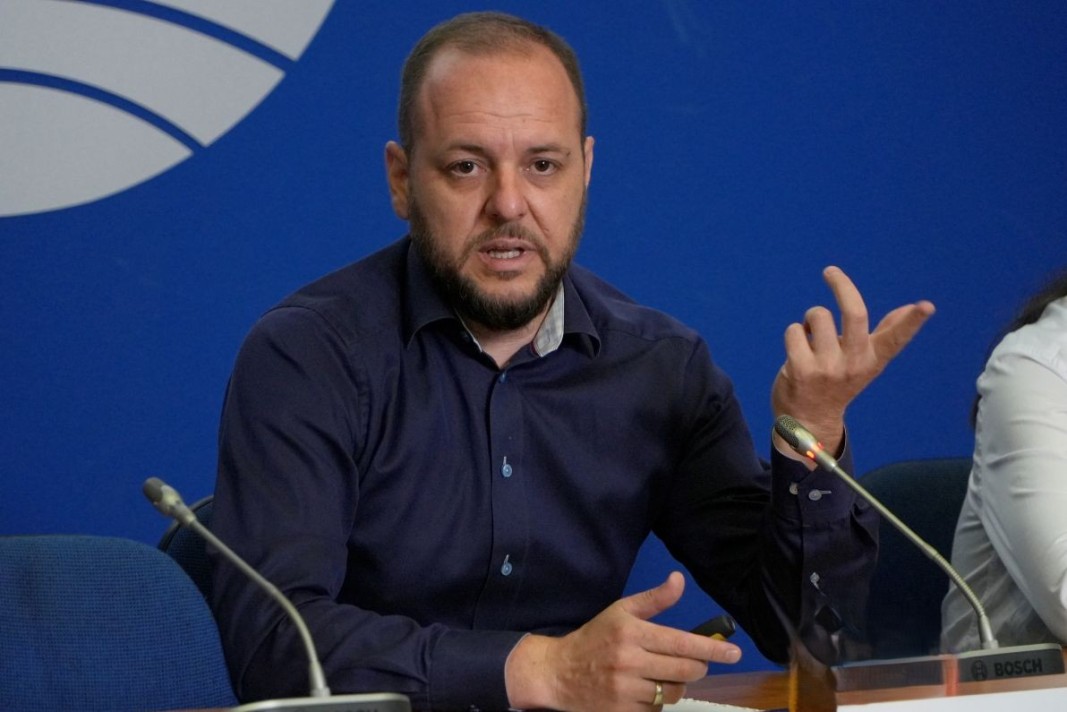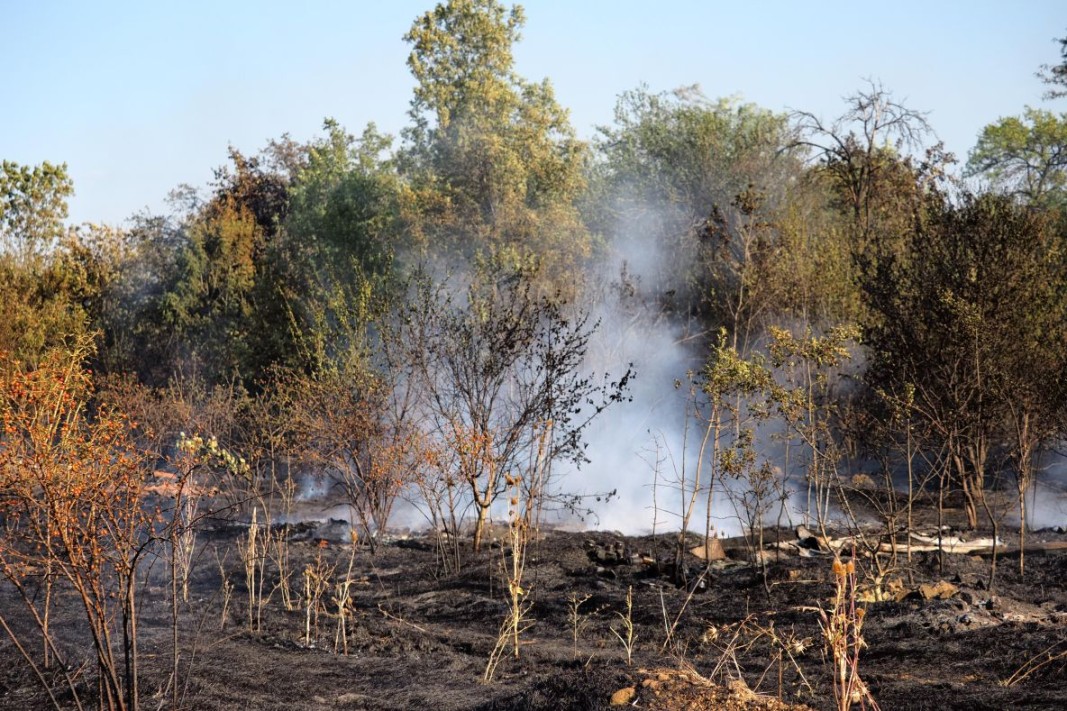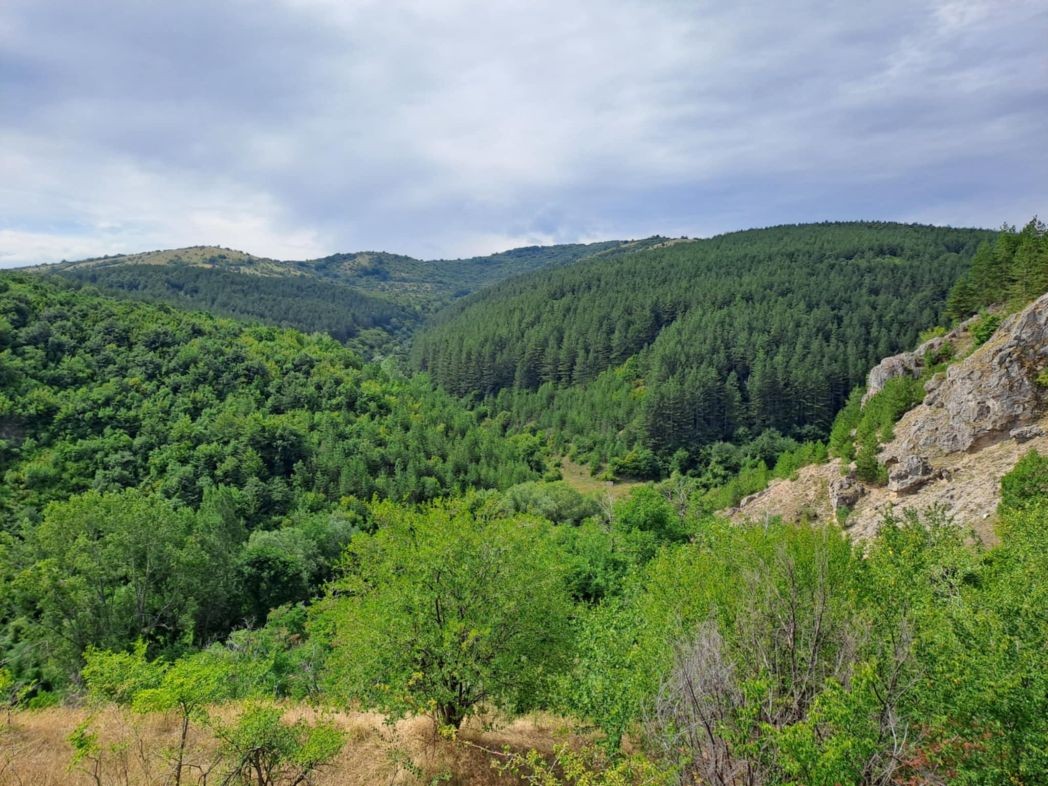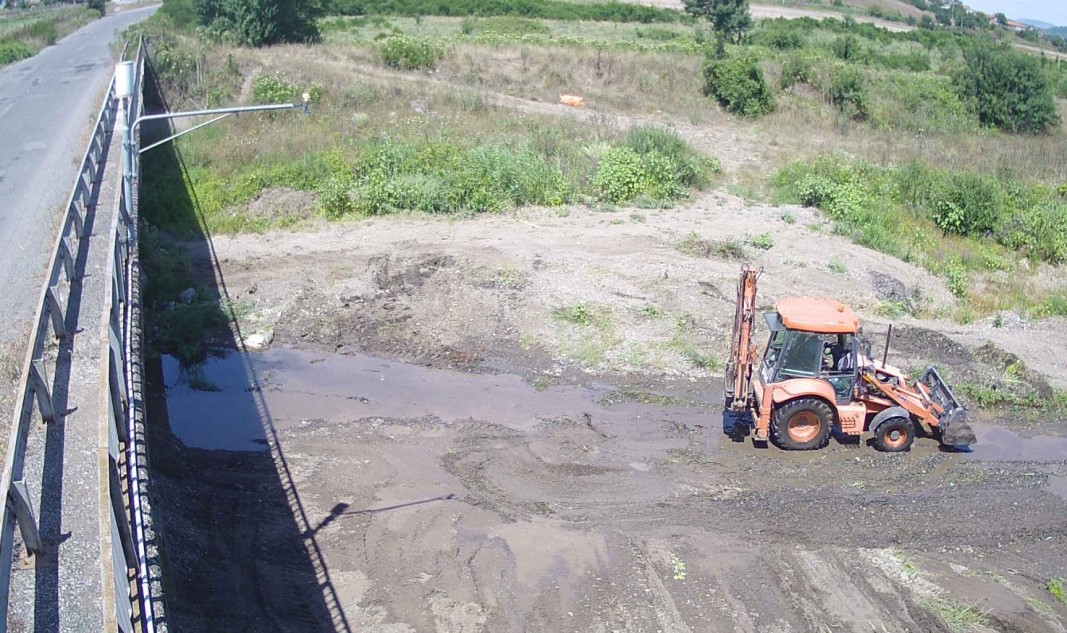All summer, and even now, Bulgaria has been fighting numerous fires – in the fields and in forests. At the same time, over half a million people in Bulgaria are without water supply or on a strict water regime. So, caught up in the current troubles, both citizens and authorities seem to forget to look ahead, because with the approach of autumn rainfall, we are likely to face a new problem – floods. Unfortunately, these disasters are already a common occurrence in Europe, but also on the territory of Bulgaria.




The project “The Charisma of Bulgarians” is, in essence, a bridge between different worlds . With it, Dimitrinka Yordanova Komanduci - psychologist, psychotherapist, vocal coach, and author of “Your Voice Can Change Your Life” - aims to create a..
Timișoara, a large multicultural city in western Romania, is the center of the historical community of the Banat Bulgarians . The members of this community are descendants of settlers from the Bulgarian lands nearly three centuries ago, who have..
In Gabrovo – a city in the geographical center of Bulgaria, once described as the Bulgarian Manchester, but today facing demographic challenges – there are young people who believe that the future can be better and that this largely..
Timișoara, a large multicultural city in western Romania, is the center of the historical community of the Banat Bulgarians . The members of this..
The project “The Charisma of Bulgarians” is, in essence, a bridge between different worlds . With it, Dimitrinka Yordanova Komanduci - psychologist,..

+359 2 9336 661
